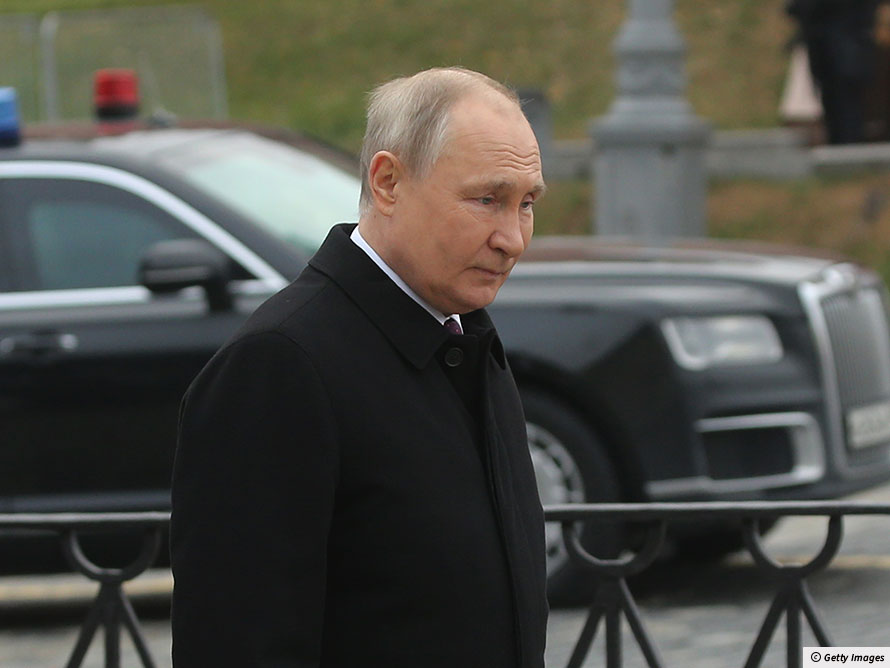Has Putin fallen into a trap? On the surface, the Russian leader looks more secure than ever. But some experts think this masks inner tensions that could still bring him down.
‘Messy’ democracy beats despots say experts
 A new Stalin? : After 24 years Vladimir Putin prolonged his regime for six more yesterday.
A new Stalin? : After 24 years Vladimir Putin prolonged his regime for six more yesterday. Glossary
Exit poll - An opinion poll released on election night itself, based on responses from voters emerging from polling stations. They are generally the most accurate opinion polls.
Swingometer - A graphics device, often used in UK election programs, showing the swing in support from one party to another.
Pundits - Experts. In India, the word refers to Hindus with an extensive knowledge of Sanskrit, philosophy, religion and the law.
Coup - When an individual or group takes control of government by illegal means, including by violence.
Alexei Navalny - A well-known opposition leader in Russia and critic of Vladimir Putin, who died in prison in 2024 at the age of 47.
Autocracies - Countries run by one person or small group with complete power.
Authoritarianism - A form of government in which individual freedoms are severely limited by government power. Examples include Nazi Germany, Khmer Rogue Cambodia and contemporary China.
Paranoid - Believing, often with no solid basis, that you are being harassed, betrayed or persecuted by others.
Insurrection - A violent uprising against a government.
Cold War - A period of diplomatic conflict between blocs led by the USA and the USSR that lasted from 1947 until 1991, when the USSR collapsed.
Aberrant - Different from what is normal or standard.
Imperialism - The practice of growing a country's power through colonisation or force.
